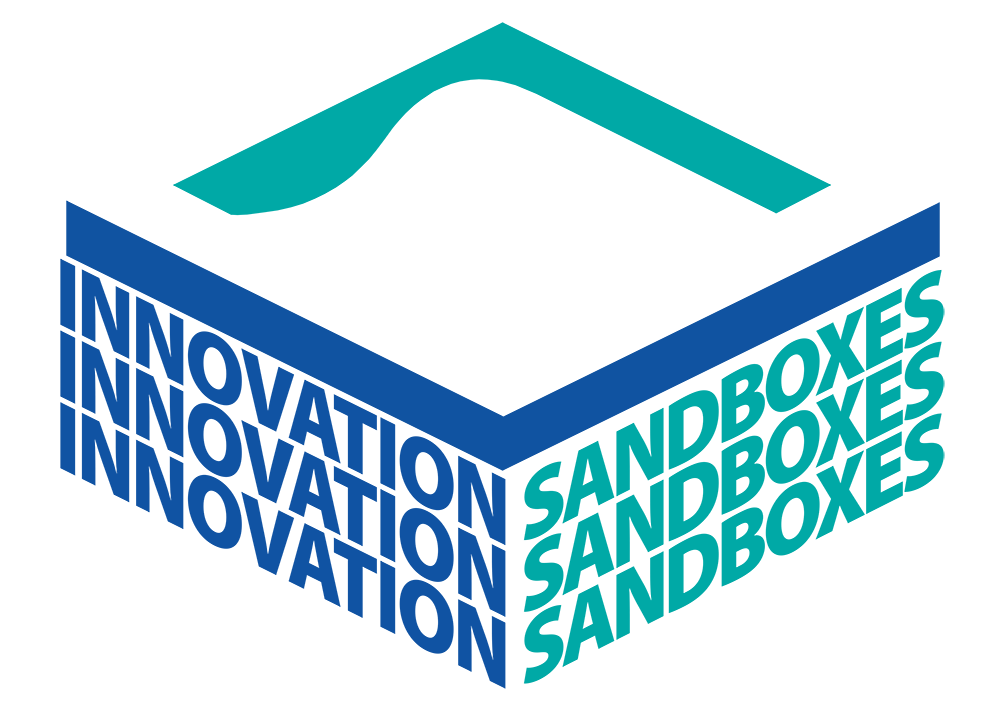TORONTO, November 19, 2020 – This summer, Pollution Probe and QUEST launched the Innovation Sandboxes project: a collaboration focused on supporting the rapid and efficient greening of Canada’s electricity and natural gas systems through a process of controlled innovation. Today, we are releasing the second Innovation Sandboxes report: Getting to Deployment: Bridging the Gaps in Energy Innovations in Canada.
The report identifies Innovation Sandboxes as a key policy tool to scale up innovation in Canada’s energy sector and complement current innovation programs, which focus on technological R&D and demonstration projects. Innovation Sandboxes are not new in Canada, and using them in the energy sector provides many benefits. Sandboxes can remove non-technological barriers innovators face, accelerate the deployment of energy innovations needed for Canada to meet its net-zero targets, reduce emissions, and create long-term economic growth that can help the country recover from the impacts of COVID-19.
Given their multiple benefits, Innovation Sandboxes have a role to play in accelerating the deployment of innovation in Canada’s energy sector while complementing current innovation programs. The great news is that Canada is no stranger to Innovation Sandboxes. Innovation Sandboxes and programs that have sandbox-like elements have already been developed in a number of sectors within Canada, including energy, and at the federal, provincial, territorial, and local government levels. But, it is time to use Innovation Sandboxes more broadly and intentionally in the energy sector.
-Tonja Leach, QUEST Executive Director
Energy innovation has played a large part in Canada’s prosperity, and there are a multitude of energy innovation programs in place across Canada. Unfortunately, Canada’s energy innovation policies have neglected to focus on non-technological barriers and the deployment of low-carbon innovations.
If we are to meet our climate change targets, Canada will need to look at innovation deployment and address the barriers to scaling up of low-carbon innovation. This requires us to consider a new set of policy tools that go beyond the usual public funding of research, development and demonstration of emerging technologies. This also requires us to move beyond a narrow technological lens and embrace social, cultural, and economic aspects of innovation.
-Richard Carlson, Pollution Probe Director of Energy Policy
But only well-designed Innovation Sandboxes, tailored to meet the needs of the specific Canadian jurisdiction in which they are deployed, can be successful in accelerating the deployment of innovation, as discussed in the project’s earlier report, Enter the Sandbox: Developing Innovation Sandboxes for the Energy Sector.
“Pollution Probe and QUEST’s Innovation Sandbox initiative aims to collaboratively develop Innovation Sandbox frameworks that are tailored to each participating jurisdiction by incorporating feedback and perspectives from the diverse stakeholders that evolve in the energy system, from energy users and new entrants to utilities; from regulators to government officials through an innovative and inclusive engagement process,” said Laura Gareau, QUEST’s Director of Programs and Research.
Innovation Sandboxes were initially developed in the financial technology sector. They are recognized policy tools used by many jurisdictions worldwide to accelerate innovation and address institutional and systemic barriers in the energy sector. QUEST and Pollution Probe will be showcasing this second Innovation Sandboxes project report’s key findings with a webinar on January 27, 2021. Registration details can be found on QUEST’s event webpage.
This report is part of Pollution Probe and QUEST’s Innovation Sandbox initiative. This four-year initiative aims to encourage and enable the development and use of Innovation Sandboxes across Canada to accelerate innovation and transition the energy sector to a low-carbon future. Drawing on the information presented and recommendations made in both research reports, QUEST and Pollution Probe will work collaboratively with provincial, territorial, and federal policymakers, regulators, and other key energy stakeholders to develop tailored foundational frameworks that will promote long-lasting conditions for innovation.
For more information on the project, visit the Project page and join our mailing list to be the first to receive news and updates.
ABOUT POLLUTION PROBE
Pollution Probe is a national, not-for-profit, charitable organization which is improving the health and well-being of Canadians by advancing policy that achieves positive, tangible environmental change. It is a leader in building successful partnerships with industry and government to develop practical solutions for shared environmental challenges.
ABOUT QUEST
QUEST is a national non-government organization that works to accelerate the adoption of efficient and integrated community-scale energy systems in Canada by informing, inspiring, and connecting decision-makers. The organization commissions research, communicates best practices, convenes government, utility, and private-sector leaders, and works directly with local authorities to implement on-the-ground solutions. QUEST recognizes communities that have embraced these principles by referring to them as Smart Energy Communities.
For more information contact:
Sabah Ibrahim
Research and Communications Coordinator, Pollution Probe
sibrahim@pollutionprobe.org

